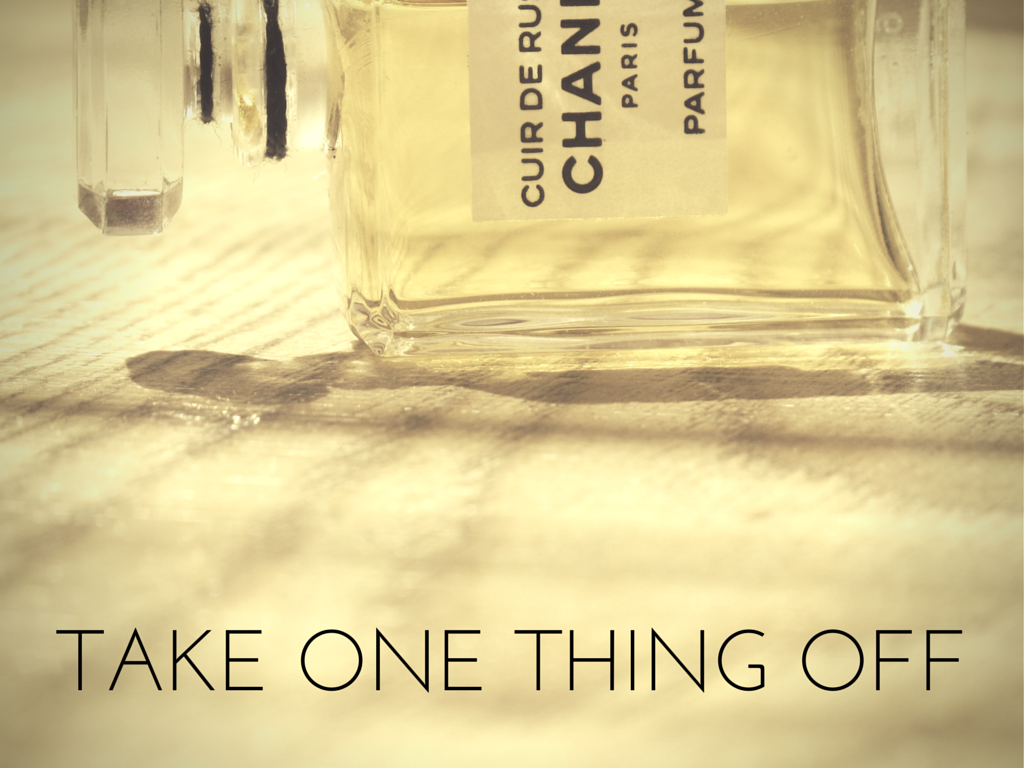Confession: I am not fond of cedar as a note in perfumery. Perhaps because these days it is so often paired with vetiver and Iso E Super to produce that piercing sucker punch of ‘woody-fresh’ masculines that it has become tainted in my mind, or perhaps because the essential oil itself can be pungent. I can count on two fingers the cedar-heavy fragrances I love – Feminité du Bois by Serge Lutens and Cèdre Sambac by Hermès – but now, perhaps, I can tentatively add Kashmir as a third.
‘Tentatively’ only because Kashmir is an exploration of a single basenote, and as interesting as it is that every other note is cleverly placed to extract a subtly different facet of cedar, it can never rise above a study of its star material. This is perhaps a personal, rather than critical, perspective; I feel the same about soliflores. Still, the more mature my nose gets, the more I begin to appreciate perfumes that do one job and do it well.
And Kashmir does its one job really well. The overall impression is of a pointillistic rendering of cedar rather than a figurative rendition. Think of the way Chanel’s Bois des Iles puts together a picture of Mysore sandalwood – without actually using any Mysore sandalwood – using an extended palette of rosy, green, sour, woody, and milky notes. Though Kashmir certainly contains cedar, it uses a vast palette of other notes and materials to render an idealized version of a wood that, on its own, can be somewhat tricky.
Part of how Kashmir does this is by playing with textures. For example, it is dusty in such a fine-grained way that your perception of what is powdery and what is creamy begins to waver. Is cedar creamy or powdery? This perfume seems to suggest it is both. The total effect is a real-time capture of the intensely aromatic nature of air suffused with the scent of freshly milled cedar – citrusy, bitter-coniferous, a bit fruity or boozy.
Within this tanned expanse, other notes and accords dance around, at times amplifying the sense of cedar, other times providing an exciting contrast. The citruses, pepper, and cardamom in the topnotes tingle like sherbet on the tongue, and paired with the rose and jasmine notes, forms a champagne-like fizz not unfamiliar to anyone familiar with the Ormonde Jayne house DNA. There is a faint smudge of incense, the memory of a nubbin of benzoin burned to ash and now lingering sweetly in the air like a trail of powdered sugar. This is counterbalanced by a slightly sour, armpitty funk that reminds us that this is cedar after all, going about it regular cedar business.
In the base, a big dose of cashmeran – a woody musk that smells soft and diffusive, but also like freshly poured concrete – wraps everything up in a doughy wood pudding accord, muffling the bark of the more aromatic notes. It reminds me of the point in Cèdre Sambac when the wood stops pretending to be cedar and slides straight into that oily, gippy-textured sandalwood material that Hermes is using. Cedar, yes, but now divested of its plain, honest nature for the more exotic, resinous character of woods pulled into service on ambery-balsamic perfumes (oud, sandal).
What I find most exciting about Kashmir, though, is the suggestion of a dry, green blackcurrant or blackcurrant leaf note that plays around with the lower-toned basenotes of wood and musk like droplets of a fruity cordial on a dusty floorboard. It makes me thirsty in a pleasant way, reminding me of a similar effect in the topnotes of Diptyque’s L’Ombre Dans L’Eau. This almost urinous-fruit element is what makes Kashmir truly sing.
Source of sample: PR, courtesy of Ormonde Jayne, provided for review.
Cover Image: Photo by Jurgen Kushta on Unsplash





